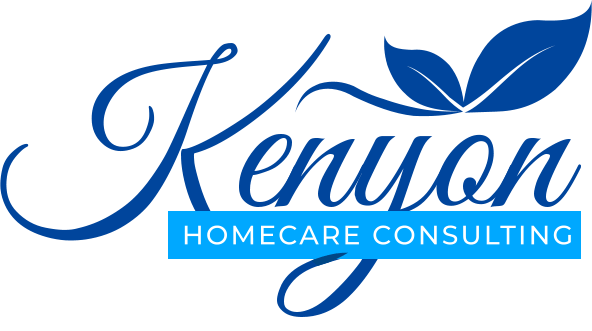Bringing Gen Z To The Recruitment And Retention Table: Their Voice Can Be A Huge Part Of Your Success!
For quite some time, recruitment and retention has focused around the millennial employee. In doing so, the Gen Z employees have kind of been lost in the mix. These individuals born after 1996 are in your workforce now or getting ready to enter it. So, how do you see these post millennial employees? Do you distinguish between the millennial and post millennial in recruitment and retention? Let’s consider at what the Generation Z employees look like today.
What Do You See With Generation Z?
Today in society it is common to hear that someone has spoken their truth. This kind of defines the Gen Z individual. Whereas a Boomer or a Gen X often defines themselves attached to a larger group or mission, the Gen Z is more about the individual truth which is often defined in a more complex way. The use of social media connects people in a way that was not possible in the Boomer or Gen X world. It allows a level of inclusiveness with the Gen Z that our culture has never before been able to experience. Because of this, the Gen Z is able to communicate with different people in a way that is not confrontational when beliefs differ. The amount of information at the fingertips of these individuals is unbelievable and they have had it pretty much all their lives. So, they tend to be curious about finding out these different “truths” about different things. So, what does this mean as an employer?
Seeing Your Gen Z’s As The New Vantage Point For Success:
Reality is that the Gen Z employees are genuinely curious and capable. Gallup reports 61% of Americans think it is likely today’s youth will live better than their parents. This up is up from 44% in 2011. Consider what this means as the Gen Zs are in the workforce or getting ready to enter it. Our society is more optimistic about our Gen Z or post millennial generation than what came directly before it. So, what does this mean for you?
Utilize the strengths of these individuals to find a way to do things potentially quicker, faster, and better. They are likely to utilize social media marketing in a way you never have and can help your Gen X and Boomers with the technological aspect of the times. They are problem solvers, but may go about solving things a little differently. These employees want to understand why things are being done a certain way. It is not because they are being oppositional, but more about how their brains work. Remember, these guys are an all-inclusive group looking for answers behinds everyone’s individual truths. Keeping them from understanding why something is being done will not help with recruitment or retention in your agency. Instead work to help them understand your agency culture and operations. These employees will look elsewhere if the employment doesn’t allow them to see themselves as a valuable piece of the puzzle. They don’t want to just put in the time. The meaning behind the time is huge. They will value diversity and cultural differences. It may be challenging to merge all these different types of brain chemistry together, but exciting to see what it can do when you hone into the strengths multiple generations bring to the table.
At Kenyon Homecare Consulting, we can help you with recruitment and retention strategies within your agency. Call us today at 206-721-5091 or contact us online about how recruitment and retention can be an ongoing part of your strategic plan. We can help you put the pieces
Results Based Consulting
Did you find value in this blog post? Imagine what we can do for your home care or hospice agency. Fill out the form below to see how we're leading the industry with innovation, affordability, and experience.










